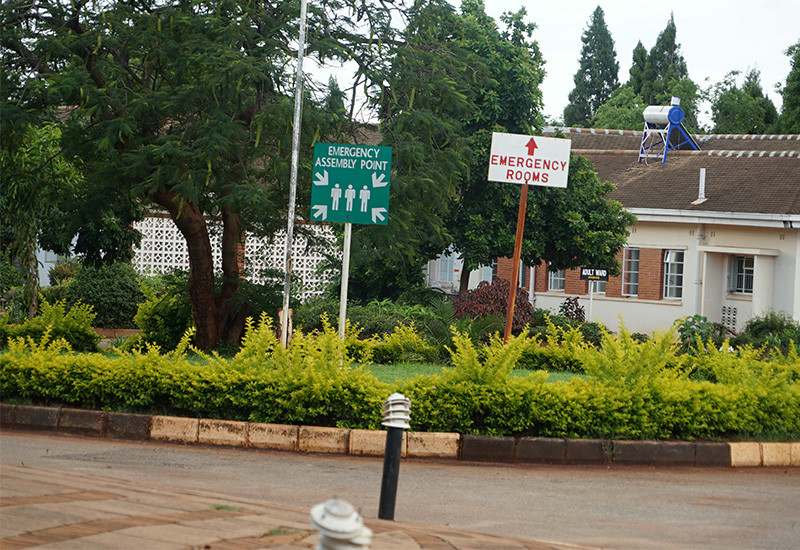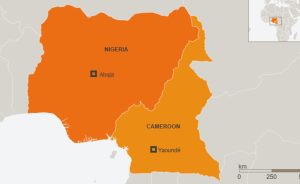Congo-Kinshasa: Tshisekedi’s Cabinet Reset Is About Power, Not Renewal

President Félix Tshisekedi’s latest cabinet reshuffle is not a mere administrative update—it’s a full-scale political recalibration. With 46 new faces in a 56-member cabinet, the Congolese leader has sent an unmistakable message: the era of shared power is over.
For months, whispers in Kinshasa suggested a shake-up was coming. Few expected it to be this sweeping—or this pointed. Gone are the lingering figures tied to Joseph Kabila’s once-mighty network. In their place stand loyalists, technocrats, and a rising generation molded in Tshisekedi’s image.
At first glance, it looks like a modernizing moment: younger ministers, fresh energy, and the promise of reform. But look closer, and a different story emerges—one of strategic consolidation, not renewal.
Three ministries, one message
The appointments at finance, mining, and interior—the beating hearts of Congo’s political economy—say everything.
Economist Nicolas Kazadi takes charge of finance, a ministry that channels the lifeblood of state power. Antoinette N’Samba Kalambayi, a respected civil society voice, assumes mining—a sector that fuels both Congo’s GDP and its corruption. And retired general Daniel Aselo Okito now oversees the interior, which controls the levers of security and domestic authority.
By tightening his grip on these portfolios, Tshisekedi has done what every Congolese leader since independence has sought: to control money, minerals, and might.
The quiet eclipse of Joseph Kabila
For Joseph Kabila, this reshuffle represents more than just political marginalization—it is the slow dismantling of his legacy. Once the undisputed power broker of Congolese politics, Kabila now finds himself watching from the sidelines as his allies are methodically replaced or neutralized.
But Kabila is not gone. He remains a calculating survivor with a loyal base in Katanga, the mineral-rich province that bankrolled his two decades in power. His instinct will be to wait, to regroup, and to exploit the fractures that inevitably emerge in a system held together by personal loyalty rather than institutional strength.
If Tshisekedi stumbles—over insecurity in the east, economic stagnation, or public frustration—Kabila could yet find his opening.
Washington’s wary applause
In Washington, the reaction will be cautious optimism laced with unease. The United States has invested political capital in Tshisekedi as a reformist partner—a democratic alternative to the opaque rule of the Kabila years. Yet, as this reshuffle tightens one man’s control over the state, the tone may shift from endorsement to apprehension.
U.S. officials will likely praise Congo’s “renewed commitment to stability,” while privately warning against democratic backsliding. For them, the question is simple: can Tshisekedi deliver reform while concentrating power—or will he become another African leader who confuses control for progress?
A presidency redefined
There’s no denying Tshisekedi’s political acumen. He has outmaneuvered the old guard, silenced detractors, and positioned himself as the most commanding Congolese president in a generation. But strength, in the DRC, is a fragile currency.
The real test will come not in the loyalty of his cabinet, but in whether that power translates into better governance, security, and accountability. If this consolidation yields reform, Tshisekedi could finally break the DRC’s post-Kabila paralysis. If it merely reproduces the same patronage in a new form, the cycle will continue—this time with a different face at the top.
For now, one truth stands out: in Kinshasa, the presidency is no longer content to navigate Congo’s fractured politics. It is remaking them in its own image.
Daniel Makokera is a renowed media personality who has worked as journalist, television anchor, producer and conference presenter for over 20 years. Throughout his career as presenter and anchor, he has travelled widely across the continent and held exclusive interviews with some of Africa’s most illustrious leaders. These include former UN Secretary General Kofi Annan, former South African presidents Nelson Mandela and Thabo Mbeki, former Libyan leader Muammar Gaddafi, Zimbabwean Prime Minister Morgan Tsvangirai and presidents Robert Mugabe of Zimbabwe and Joseph Kabila of the Democratic Republic of the Congo. He currently is the CEO of Pamuzinda Productions based in South Africa.
By Allafrica



